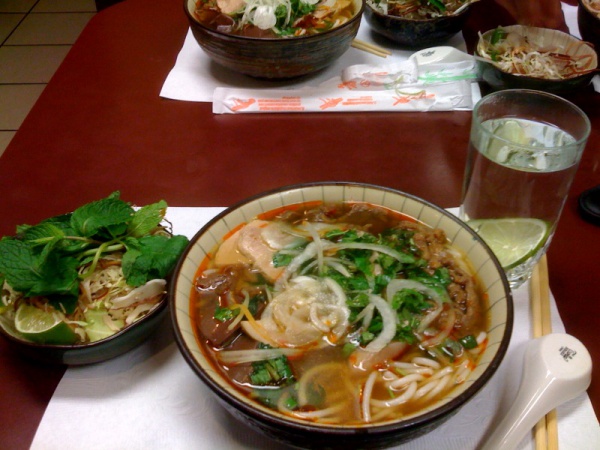Facts About Vietnamese cuisine
Vietnamese cuisine is a delightful culinary tradition, bursting with diverse flavors and fresh ingredients. It emphasizes balance by incorporating five fundamental tastes that reflect traditional Vietnamese philosophy. Renowned for its fresh ingredients, minimal use of dairy and oil, and abundant use of herbs and vegetables, Vietnamese food is considered one of the healthiest cuisines in the world.
The cuisine is deeply influenced by the Asian principle of the five elements and the Yin-Yang balance. This means Vietnamese dishes are crafted to appeal to all five senses, with meticulous attention to presentation, sound, spices, aromas, and textures. Salt holds symbolic significance in Vietnamese culture and is often featured in dishes offered at ancestral altars during special occasions.
You’ll notice distinct regional variations in Vietnamese cuisine. Northern Vietnam’s dishes are less spicy and often feature freshwater fish and crustaceans. Central Vietnam is known for its spicy food and sophisticated royal culinary influences, while Southern Vietnam’s cuisine is vibrant and flavorful, with a penchant for sweetness and coconut milk.
Vietnamese cooking techniques are varied and include frying, stir-frying, steaming, and grilling. A typical family meal usually consists of rice, meat or seafood dishes, stir-fried vegetables, soups, and dipping sauces. Feasts are important cultural events, showcasing a variety of main and dessert courses served together.
Some of the most popular Vietnamese dishes include noodle soups, rice dishes, wraps, rolls, salads, curries, and desserts. Key ingredients like tofu, herbs, and spices play crucial roles. Vietnamese cuisine also features exotic dishes and unconventional ingredients, reflecting historical influences from China, France, Champa, and neighboring countries.
What sets Vietnamese cuisine apart from other Southeast Asian cuisines is its light and fresh taste, minimal use of oils, and focus on natural flavors. While it shares some similarities with Chinese and Thai cuisines, Vietnamese food stands out for its perfect balance of flavors and abundant use of fresh herbs and vegetables. The diverse and unique culinary landscape of Vietnam is a testament to its rich history and cultural influences.

 Laos
Laos